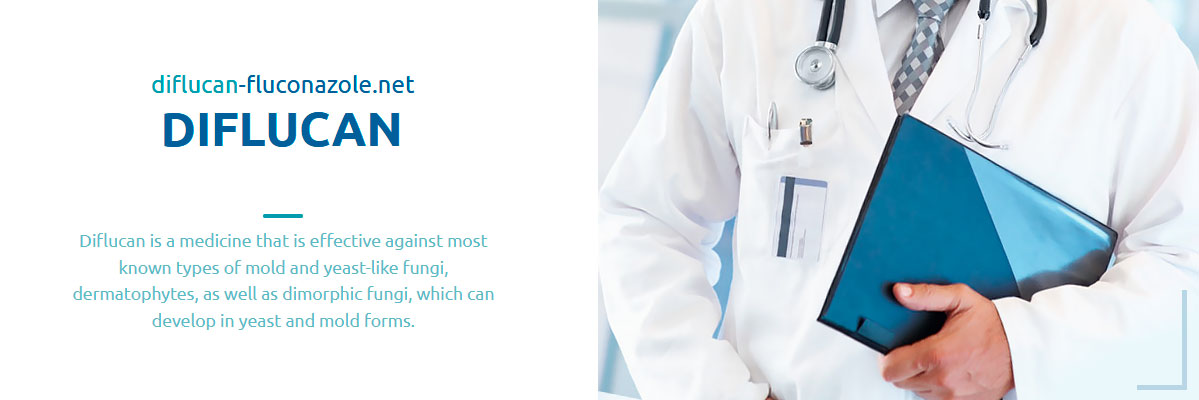Mycoplasmosis is an infectious disease caused by bacteria of the Mollicutes class – mycoplasmas. These microorganisms were first discovered in 1898, and since then scientists have already known about 40 species of mycoplasmas. Of these, M. hominis and M. genitalium are pathogenic, causing infections of the urogenital tract and, in most cases, are sexually transmitted.
As for the type of microorganism M. pneumoniae, it is one of the main causative agents of lung diseases. Therefore, the basic principle of choosing medicines and medications for the treatment of mycoplasma depends on the nature of the lesion, the area of localization of the infection, and the sensitivity to antibiotics of these microorganisms.
What is mycoplasma? How does the infection threaten the body?
Mycoplasmas are parasites that are an intermediate form of bacteria and viruses. They have the ability to penetrate into human tissues, multiply and, in the process of life, form toxic substances that cause the inflammatory process.
Mycoplasmas firmly bind to the epithelial cells of the upper respiratory or urinary tract, as well as the human genitals, which does not allow the body to remove them with mucus or with the flow of urine completely.
The nature of the clinical manifestations is affected by a decrease in the immunity of the human body, that is, the infection may be asymptomatic.
With mycoplasmosis, due to a violation of antigen recognition processes, the body produces antibodies against its own tissues and cells. Therefore, for the treatment of mycoplasma, sometimes it may be necessary to prescribe specific anti-inflammatory therapy aimed at reducing the activity of autoimmune processes and preventing the development of serious complications.
Untreated mycoplasmosis is dangerous with the following complications:
· With urogenital mycoplasmosis, the reproductive function is disrupted, urethritis develops;
· With respiratory mycoplasmosis, pneumonia and bronchitis develop;
· Probably damage to the joints and the occurrence of arthritis;
· Disruption of the gastrointestinal tract;
· Negative reflection on the cardiovascular system, heart damage.
Treatment of respiratory and urogenital mycoplasmosis
Approaches to therapy should be individualized due to the lack of sensitivity of mycoplasmas to certain antibiotics and the ability of microorganisms to affect various organs. With the right selection of treatment regimens, in most cases, a reduction and relief of the disease is achieved. However, it is known that in 10% of cases when using standard drug therapy it is not possible to eliminate microorganisms, and therefore a chronic process develops, requiring a combination of antibiotics and longer periods of treatment. Therefore, the treatment of mycoplasma requires an integrated approach, taking into account several pathogenetic mechanisms of the development of the disease, its frequent transition to the chronic form and disease recurrence.
Treatment for respiratory mycoplasmosis includes:
· Antibacterial therapy. This is the administration of tetracyclines (tetracycline, doxycycline); fluoroquinolones (ciprofloxacin); macrolides (azithromycin, clarithromycin). The duration of antibiotic therapy is 1-3 weeks.
· If necessary, use antipyretic drugs at the same time; antitussive and expectorant drugs.
Treatment of urogenital mycoplasmosis is:
· Antibacterial therapy using the same antibiotics as for respiratory mycoplasmosis, but with a course of 3-7 days inside. In parallel, women should be prescribed vaginal suppositories containing antibiotics (metronidazole), and men should be given cream or ointment (metrogil).
Antifungal drugs (fluconazole).
· Probiotics are prescribed to normalize microflora.
· Multivitamin complexes and immunostimulants (interferon, cycloferon) are used to increase immunity.
It is important to remember that the course of treatment for mycoplasmosis should be complete. Otherwise, the infection becomes “dormant” and can persist in the body for life, occasionally causing relapse of the disease.
